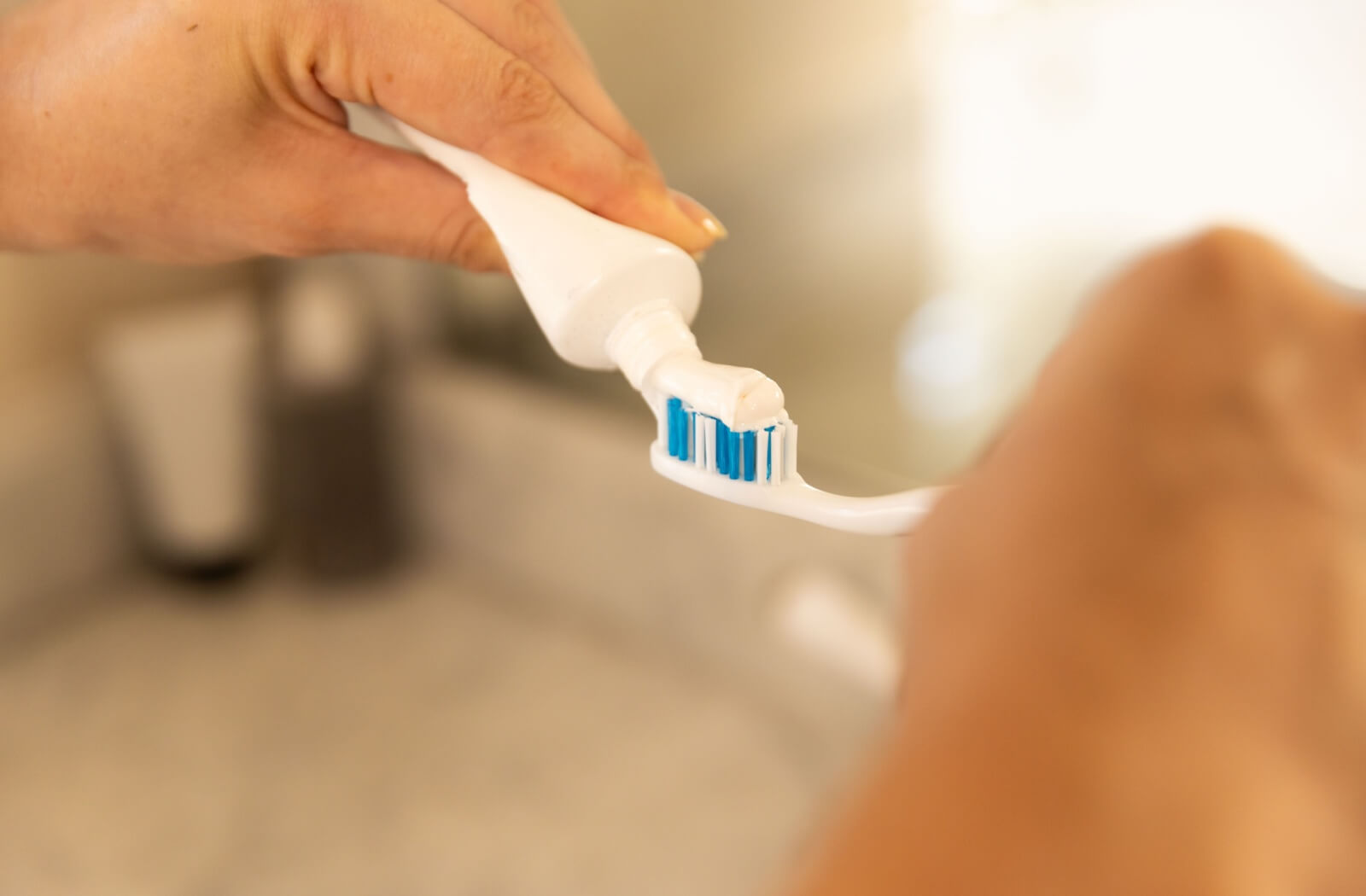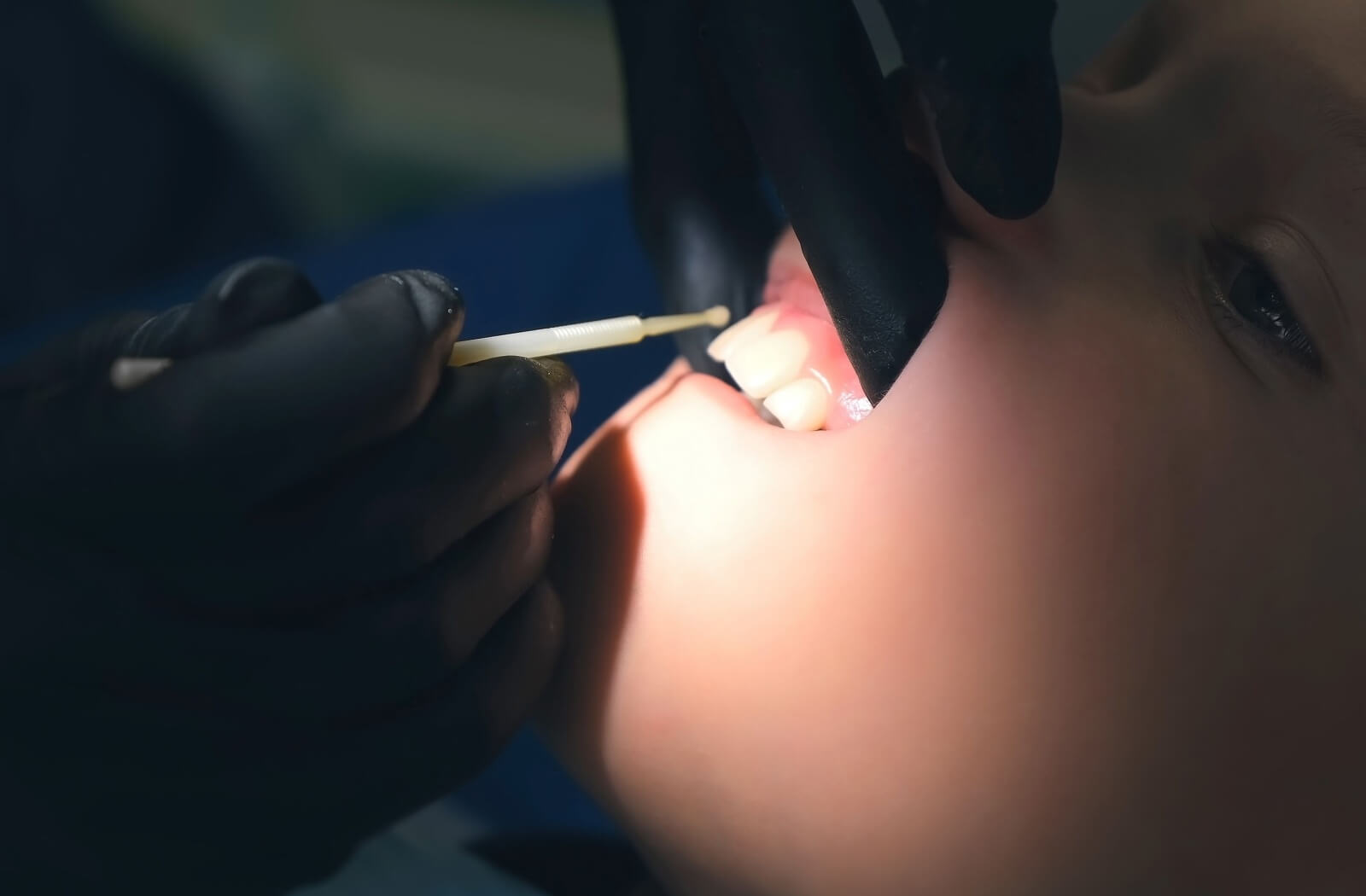
Toothpaste is like a trusted friend, always ready to keep your breath fresh and your teeth clean. But have you ever wondered if toothpaste expires? The answer is yes!
Even though it's a faithful part of your daily routine, toothpaste doesn't last forever. Its effectiveness in removing bacteria and fighting tooth decay decreases over time. Remember that using the best tools is the key to a bright smile!
At Cool Dental, we offer dental care to help keep your smile healthy and bright. If you or your family are experiencing dental issues, feel free to book an appointment with us to evaluate your oral health!
What Happens When Toothpaste Expires?
Using expired toothpaste might not seem like a big deal at first glance—it often smells the same, looks similar, and may even feel fine to use. However, the issue isn’t just one of appearance or flavour; it’s about whether the toothpaste still does its job.
Over time, toothpaste ingredients can degrade, reducing their effectiveness and potentially leaving your oral health vulnerable. Here’s what can happen when toothpaste expires:
Degradation of Fluoride
Fluoride is the star ingredient in toothpaste. It helps strengthen tooth enamel and prevent cavities. However, fluoride can lose potency over time, meaning expired toothpaste may no longer offer adequate protection against tooth decay.
Weakened Abrasive Agents
Toothpaste typically contains mild abrasives designed to remove surface stains and polish your teeth. When these agents degrade, your daily brushing may become less effective at achieving that sparkling clean result.
Drying Out and Separation
Expired toothpaste may dry out, develop a gritty texture, or separate into an inconsistent mixture. While this may not harm you directly, using dried-out toothpaste is far from pleasant—and certainly not ideal for cleaning your teeth.
Potential Bacterial or Fungal Growth
While rare, toothpaste left unused for years may become a breeding ground for bacteria or fungi, especially if exposed to moisture or improper storage.
How to Spot Expired Toothpaste?
Not all toothpaste tubes come with an expiration date, but there are tell-tale signs to watch out for:
- A crusty, dried-out texture
- Separation of liquid and paste
- Odd colours, flavours, or smells
- Lack of that minty-fresh sensation
Rule of thumb: If you’ve had the same tube for over two years, it’s time to toss it. Replacing your toothpaste helps you to maximize the benefits of your brushing routine.
Why Is It Important to Brush With Toothpaste?
Toothpaste is much more than a minty cleanser—it plays an important role in oral health. Here are a few key reasons why you should brush with toothpaste:
Plaque Removal
Toothpaste targets plaque, the sticky film of bacteria that clings to your teeth after eating. Left unchecked, plaque can harden into tartar, leading to tooth decay and gum disease.
Prevention of Gum Disease
Many toothpastes contain antimicrobial agents that help combat bacteria along the gumline, lowering the risk of gingivitis and other gum problems.
Teeth Whitening and Polishing
A good toothpaste gently polishes away stains from food and beverages, helping you maintain a brighter, more confident smile.
Cavity Protection
The fluoride in toothpaste helps remineralize weak spots on your enamel, stopping cavities before they start.
Fresh Breath
Who doesn’t love that clean, minty-fresh feeling? Toothpaste combats bad breath by neutralizing odor-causing bacteria.
Brushing with toothpaste isn’t just about getting your teeth clean—it’s about protecting your oral health while enjoying the benefits of a brighter smile.

Six Oral Hygiene Tips For a Healthier Smile
Here are a few easy tips to keep your teeth and gums in excellent shape:
-
Floss Daily
Brushing alone doesn’t reach the tight spaces between your teeth. Flossing removes trapped food particles and plaque, reducing your risk of cavities and gum issues.
-
Mind Your Diet
Limit sugary snacks and beverages, as they fuel bacteria that lead to tooth decay. Instead, choose nutrient-rich foods like fruits, vegetables, and dairy products to support healthy teeth and gums.
-
Drink Plenty of Water
Water keeps you hydrated, washes away food particles and stimulates saliva, which helps neutralize acids and protect enamel.
-
Brush Gently (but Thoroughly)
Use circular, gentle motions to clean every surface of your teeth. Avoid harsh, aggressive brushing, which can damage enamel and irritate your gums.
-
Replace Your Toothbrush Regularly
Swap your toothbrush every 3–4 months—or sooner if the bristles are worn. A fresh toothbrush is more effective at cleaning teeth.
-
Visit Your Dentist
Routine dental check-ups help catch potential problems early and keep your smile healthy. Twice-yearly visits for cleaning and assessments are recommended.
How to Properly Store Toothpaste
Proper storage can help extend the life of your toothpaste and keep it working at full strength. Here are a few tips:
- Store toothpaste in a cool, dry place away from direct sunlight.
- Keep the cap tightly closed to prevent drying out or contamination.
- Avoid excessive heat or cold, which can alter the texture and effectiveness of the paste.
With proper care and regular oral hygiene practices, you can help maintain the effectiveness of your toothpaste and support a healthy smile.
Keep Your Smile Healthy & Bright
Expired toothpaste may not seem like a big deal, but it’s worth taking seriously. While using expired toothpaste isn’t likely to harm you, it also won't provide the protection you need to keep your teeth and gums in top condition.
If you’re ready to upgrade your oral care routine, our team at Cool Dental is here to help! Book
